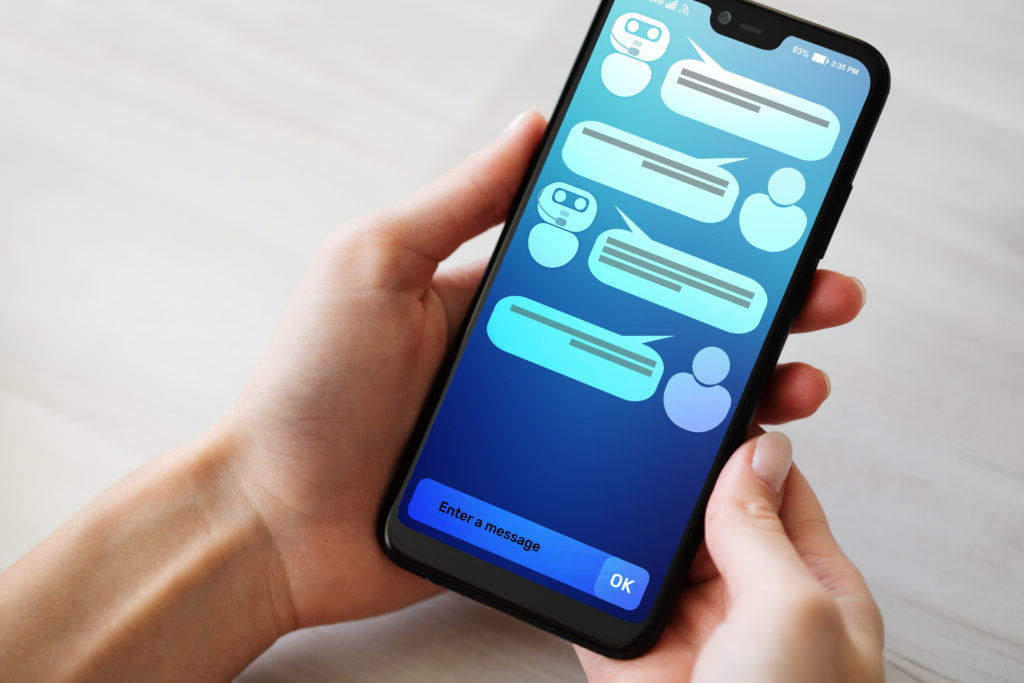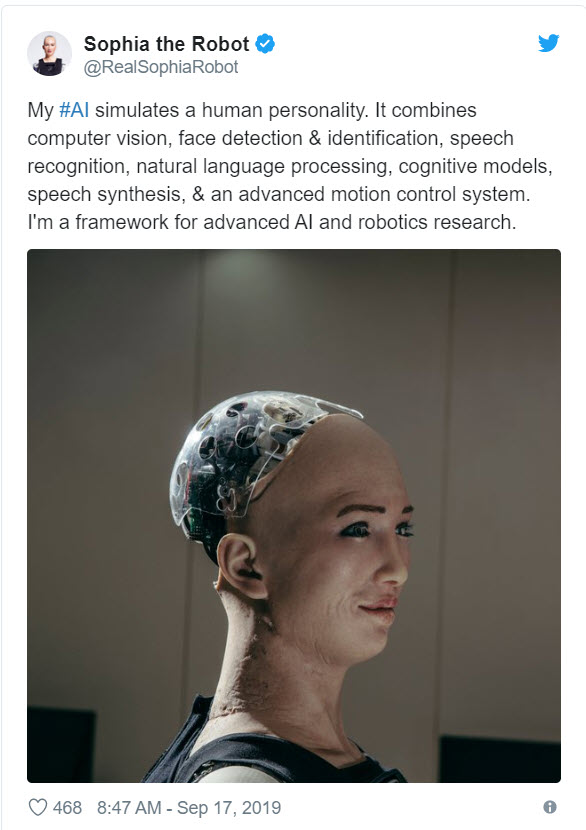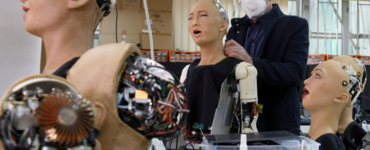With the introduction of digital voice assistants on smartphones, tablets, computers, and smart home speakers, humans are interacting with technology more than ever before. In fact, researchers predict by 2020 the average person will have more conversations with chatbots than their spouse. The demand for AI personal assistants has been growing rapidly in recent years, with roughly half of US adults using a digital voice assistant. While the current focus is primarily on function— giving a weather report or navigating around traffic jams— there is starting to be a shift towards incorporating personality into conversational AI. In fact, 62% of US adults cited “fun” as a reason for using digital assistants.

Consumer demand for personality in AI dates back many decades in Hollywood and the video game industry. AI has been used in video games as early as the 1950’s, and techniques from AI including pathfinding and decision trees are often used to help guide the behaviors of non-player characters. Likewise in Hollywood, AI characters ranging from Star Trek’s Data to the Stepford Wives have been capturing audiences’ imagination for over 50 years. It should come as no surprise then that this demand for AI characters has spilled over into the current trend of AI voice assistants.
So how do we incorporate personality into AI? To answer that, we must first understand what is meant by “personality”. Though there is no single definition of personality in human psychology, generally it refers to a set of traits that predict a person’s behavior. It can also refer to sets of behaviors or emotional patterns that derive from both biological and environmental factors. In order to study personality, there have been many attempts to turn personality traits into quantifiable data, including the Myers Briggs Type Indicator, the Five-Factor Model, and many other methods.
When people refer to personality in machines, often people consider any incorporation of human-like characteristics as “personality”. However, this definition is probably too broad to be useful in the long term. As long as machine learning models are trained on datasets generated by human beings, they will tend to incorporate human traits without the intention or knowledge of their creator. For example, it is well known that human biases can be inherited by AI. In many ways, AI models will inherit human personality traits whether we would like them to or not.
Another more focused way to create personality in conversational AI would be to take inspiration from human psychological research. Quantifiable personality traits could be set that will influence the behavior of the algorithm in response to different circumstances. Machine learning models could be trained on human personality data to help AI understand how personality interacts with the environment. For example, machine learning models could slowly alter personality traits over time in response to environmental factors. This would result in a conversational AI that is dynamic, engaging, and rewarding to users over a long period of time.
Personality in AI as described above will have many different economic and social benefits. For businesses, personality in AI can make their customer service chatbots more engaging and create a personal experience for each customer. On a social level, personality in AI can help create a human connection and keep the art of conversation alive in a world where humans interact more and more frequently with machines.
With great promise also comes responsibility. For machine learning models trained on human personality traits, it is important to ensure AI is fair and unbiased towards all people. We must be constantly vigilant to monitor algorithms for unintended consequences and ensure that datasets are inclusive of the broader population. In the very long term, as AI becomes even more advanced, governments may need to decide what legal rights if any an AI personality may be entitled to.
With the widespread adoption of digital personal assistants inside smartphones, offices, cars, and homes, personality in AI will become increasingly important for creating a user experience that is not only functional, but also enjoyable. While many people prefer talking to conversational AI systems for the quick answers they provide and the 24-hours service, other people miss the human touch. With personality in AI, you can have the best of both worlds.
Jeanne Lim, CEO, Hanson Robotics Limited
Photo credits: Hanson Robotics Limited, Adobe Stock






Recent Comments